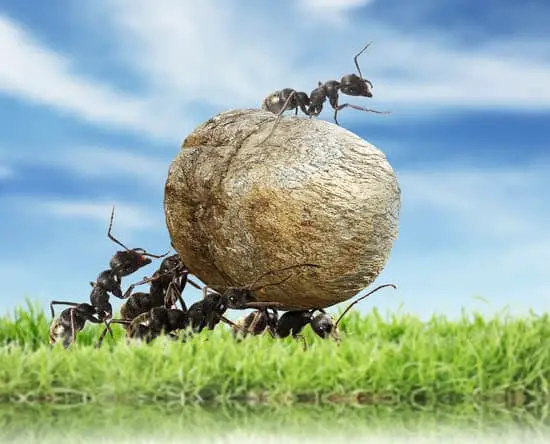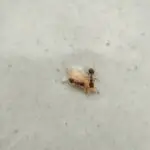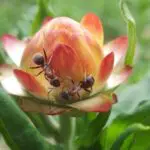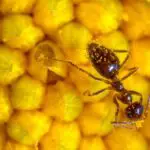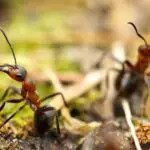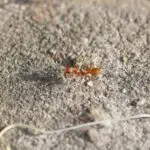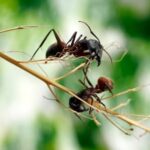Why Are Ants Important to the Ecosystem?
ants are a diverse group of eusocial organisms that play a major role in ecosystem processes. They are often seen as keystone species. These tiny, but highly resourceful insects are found on every continent except Antarctica.
The role of ants is to enhance the quality of the soil by digging tunnels in the ground to aerate it. They also collect organic material and nutrients and redistribute them around the ecosystem. They are also highly territorial and have a division of labor.
Ants are also effective predators. They eat a wide variety of organisms, including other insects, termites and carrion. They are also a key contributor to food chains, helping to increase seed germination and dispersal. They protect seeds from seed predators.
They are also important in the ecosystem because of their ability to add nutrients to the soil. They play an important role in the rhizosphere, or soil layer, by helping to move the soil and concentrating nutrients around the nest.
Ants also help to protect seeds from pests, predators and drought. Their ability to carry seeds to more nutrient rich habitats helps to improve seed survival.
Ants also play a crucial role in the seed dispersal of more than 11,000 flowering plant species worldwide. They carry seeds through the tunnels they create in the ground. Some seeds take root and survive while others are tossed into a heap of rubbish.
Ants are also a key component of forest ecosystems. They are the dominant waste managers of tropical rainforests. They carry food to and from nests, and they help to improve the quality of the soil.
